What is Vitamin K
Vitamin K is a fat-soluble nutrient that helps the body carry out essential functions. It comes in two forms: K1 and K2. Learn more about Vitamin K, its benefits, recommended dose, and the foods that contain it
You might not think much about vitamin K, but it is an essential vitamin that the body needs to be able to perform at its best.
This vitamin keeps your blood from clotting too much or too little, supports strong bones, and assists in other key functions. Yet, many people don’t know if they’re getting enough or why it even matters.
In this article, we’ll break down what makes this vitamin essential. You’ll learn how much your body needs, the best food sources, and if supplements are worth considering. We’ll also clear up common questions, like does vitamin K help with weight loss and how different forms of vitamin K compare.
Let’s get started.
What Is Vitamin K?
Vitamin K is a fat-soluble nutrient that helps the body carry out essential functions. It supports proper blood clotting, and this prevents excessive bleeding from cuts or injuries. It also contributes to bone strength by working with calcium to maintain healthy bone density.
There are two main forms: vitamin K1 (phylloquinone) and vitamin K2 (menaquinone).
Vitamin K1 comes from leafy greens and plant-based foods, while vitamin K2 is found in animal products and fermented foods. Both forms provide important benefits, but they are absorbed and used differently.
Since the body does not store large amounts of vitamin K, regular intake of food or supplements is necessary to maintain proper levels.
Benefits of Vitamin K
Vitamin K helps the body in multiple ways; this is why it is a key nutrient for general wellness.
Some of its benefits include:
- Supports Blood Clotting: The body depends on vitamin K to manage clotting. Without enough, even a small cut could take longer to stop bleeding. Blood clotting must stay balanced because too much can lead to harmful clots, while too little can cause excessive bleeding.
- Contributes to Bone Strength: Bones need vitamin K to use calcium properly. Without enough, calcium may not reach bones as effectively, and this can make them weaker over time. Vitamin K1 and K2 benefits include maintaining bone density to reduce the risk of fractures.
- May Help the Heart: Calcium buildup in arteries can lead to stiffness, making it harder for blood to flow. Vitamin K2 helps the body use calcium where it belongs, inside bones instead of blood vessels.
- Does Vitamin K Help with Weight Loss? No direct link exists between vitamin K and weight loss, but it helps the body use nutrients efficiently. A well-balanced diet that includes vitamin K may support metabolic function, which can, in turn, influence how the body processes energy.
Nutritional Profiles Of Chlorella vs Spirulina
A lack of vitamin K health benefits can lead to noticeable changes in the body. Since this vitamin helps with blood clotting, bone strength, and calcium use, low levels may cause specific issues over time.
These issues include:
- Excessive Bleeding: One of the most obvious signs of vitamin K deficiency is prolonged bleeding from cuts or injuries. The blood may take longer to clot, and this can lead to more noticeable bruising or frequent nosebleeds.
- Weaker Bones: Without enough vitamin K, calcium may not reach bones efficiently. Over time, bones may become weaker, increasing the chances of fractures.
- Blood Vessel Issues: Low levels of vitamin K2 may cause calcium to build up in blood vessels instead of bones. This can lead to stiffness that could make it harder for blood to flow properly.
- Easy Bruising: Small bumps or pressure on the skin may leave noticeable bruises due to the blood’s inability to clot efficiently.
Food Sources of Vitamin K
Vitamin K is found in both plant-based and animal-based sources. Vitamin K1 benefits mainly come from vegetables, and Vitamin K2 from animal products and fermented foods.
Rich Sources of Vitamin K1 Benefits (Phylloquinone)
- Leafy Greens: Kale, spinach, collard greens, Swiss chard
- Cruciferous Vegetables: Broccoli, Brussels sprouts, cabbage
- Herbs: Parsley, cilantro, basil
- Vegetable Oils: Soybean oil, canola oil
Rich Sources of Vitamin K2 (Menaquinone)
- Fermented Foods: Natto (fermented soybeans), sauerkraut, miso
- Dairy Products: Cheese, butter
- Animal-Based Foods: Egg yolks, liver, chicken, beef
LEARN MORE - The Best Vitamin K Sources Explained
Are Vitamin K Supplements Effective? & Dosage
For those who struggle to get enough vitamin K health benefits from food, supplements can help maintain proper levels. They are available in two main forms(vitamin K1 and vitamin K2), with each supporting different functions in the body.
Are Vitamin K Supplements Effective?
- Vitamin K1 Supplements: Mostly used for those with conditions that affect nutrient absorption. Since vitamin K1 benefits are widely available in plant-based foods, supplements may not be necessary for most people.
- Vitamin K2 Supplements: Often taken for bone and heart health. Vitamin K2 helps the body use calcium properly; it supports stronger bones and flexible arteries. Some forms, like MK-7, stay in the body longer, making them more effective in smaller doses.
Vitamin K Dosage for Adults
The daily recommended intake depends on age, sex, and health status.
- Men: 120 mcg per day
- Women: 90 mcg per day
Most people meet these amounts through food, but those with digestive conditions or on certain medications may need supplements. Since vitamin K interacts with blood thinners, it is important to check with a healthcare provider before taking high doses.
Who Should Avoid Vitamin K?
While vitamin K is essential for health, certain individuals should be cautious with high doses, especially from supplements. This includes:
- People on Blood Thinners: Vitamin K supports blood clotting, so this can interfere with medications like warfarin. Sudden increases or decreases in vitamin K intake may affect how these medications work.
- Those with Blood Clotting Disorders: Some conditions require careful control of clotting factors. A sudden change in vitamin K levels may disrupt treatment plans.
- Individuals with Certain Digestive Disorders: Conditions like Crohn’s disease or celiac disease can affect nutrient absorption. While these individuals may need vitamin K, high doses should only be taken under medical supervision.
- People Undergoing Surgery: Some doctors recommend adjusting vitamin K intake before medical procedures to prevent unexpected clotting issues.
Conclusion
Vitamin K does more than many people realize. It helps blood clot properly, keeps bones strong, and prevents calcium from ending where it shouldn’t. Vitamin K1 and K2 benefits support different functions that are important for all-round health.
Most people get enough from food, but supplements can help those with absorption issues or certain health conditions. Knowing the right vitamin K dosage for adults ensures the body gets what it needs without unnecessary risks.
If you’re unsure about your vitamin K intake, checking your diet is a good place to start. A steady supply from natural sources or supplements, if needed, helps keep everything balanced.
About WOWMD Staff
The WOWMD Staff category features a diverse team of writers, each bringing specialized knowledge in areas such as nutrition, fitness, wellness, and more. Articles in this category benefit from insights provided by multiple experts. All content is peer-reviewed and regularly updated to ensure compliance with our editorial standards.
References
- Vitamin K: https://www.ncbi.nlm.nih.gov/books/NBK551578/
- Physiology, Clotting Mechanism: https://www.ncbi.nlm.nih.gov/books/NBK507795/
- Proper Calcium Use: Vitamin K2 as a Promoter of Bone and Cardiovascular Health: https://pmc.ncbi.nlm.nih.gov/articles/PMC4566462/
- The Medical Benefits of Vitamin K2 on Calcium-Related Disorders: https://pmc.ncbi.nlm.nih.gov/articles/PMC7926526/
- Physiology, Metabolism: https://www.ncbi.nlm.nih.gov/books/NBK546690/
Evidence Based Research
This WOWMD content has been reviewed, as well as checked for facts, so as to guarantee the best possible accuracy.
We follow a strict editorial policy, especially related to the sources we use. Our articles are resourced from reputable online pages, with research drawn from academic institutions and peer-reviewed studies. You can click on the numbers in the parentheses (1, 2, etc.) and check out those references.
The feedback form on this page can be used to report content that is not accurate, up-to-date or questionable in any manner.
We do NOT intend for the information presented through our articles to replace the medical relationship with a qualified physician, nor does it represent specialized advice.
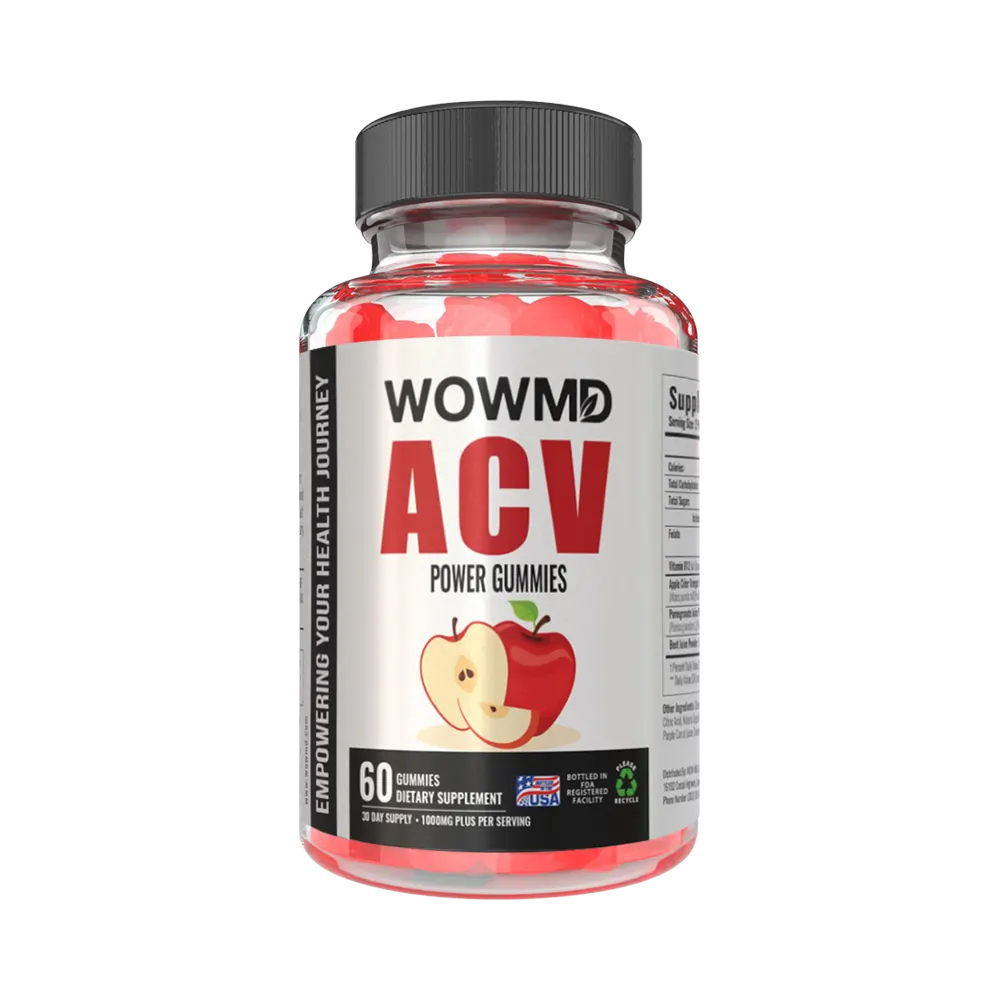
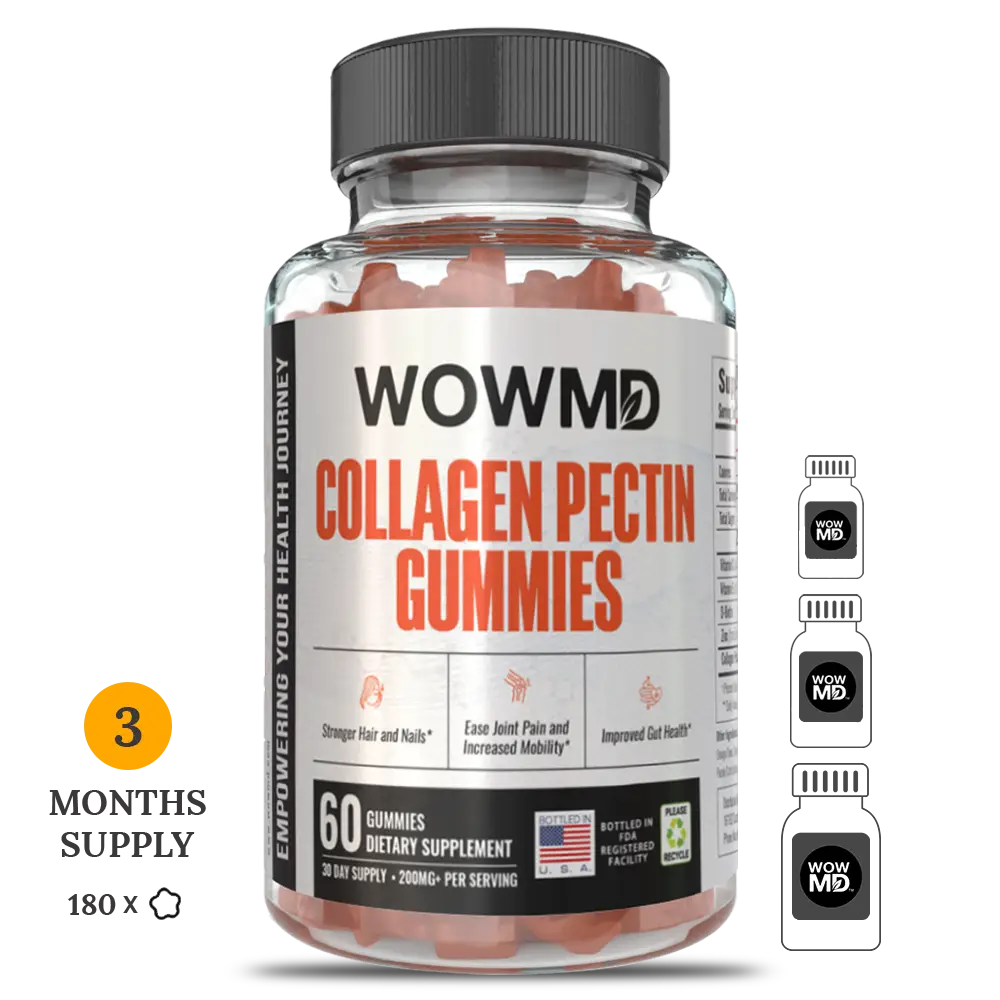
 Skin Detoxification Bundle
Skin Detoxification Bundle Complete Weight Loss Bundle
Complete Weight Loss Bundle Heart Care Bundle
Heart Care Bundle Better Immunity Bundle
Better Immunity Bundle  Men's Immunity & Prostate Health Bundle
Men's Immunity & Prostate Health Bundle Stress + Energy + Wellness Combo
Stress + Energy + Wellness Combo  Energy Booster Combo
Energy Booster Combo Natural Skin Care Bundle
Natural Skin Care Bundle Workout Supplements Combo
Workout Supplements Combo Cognitive Health & Vision Combo
Cognitive Health & Vision Combo Joint Health Support Combo
Joint Health Support Combo
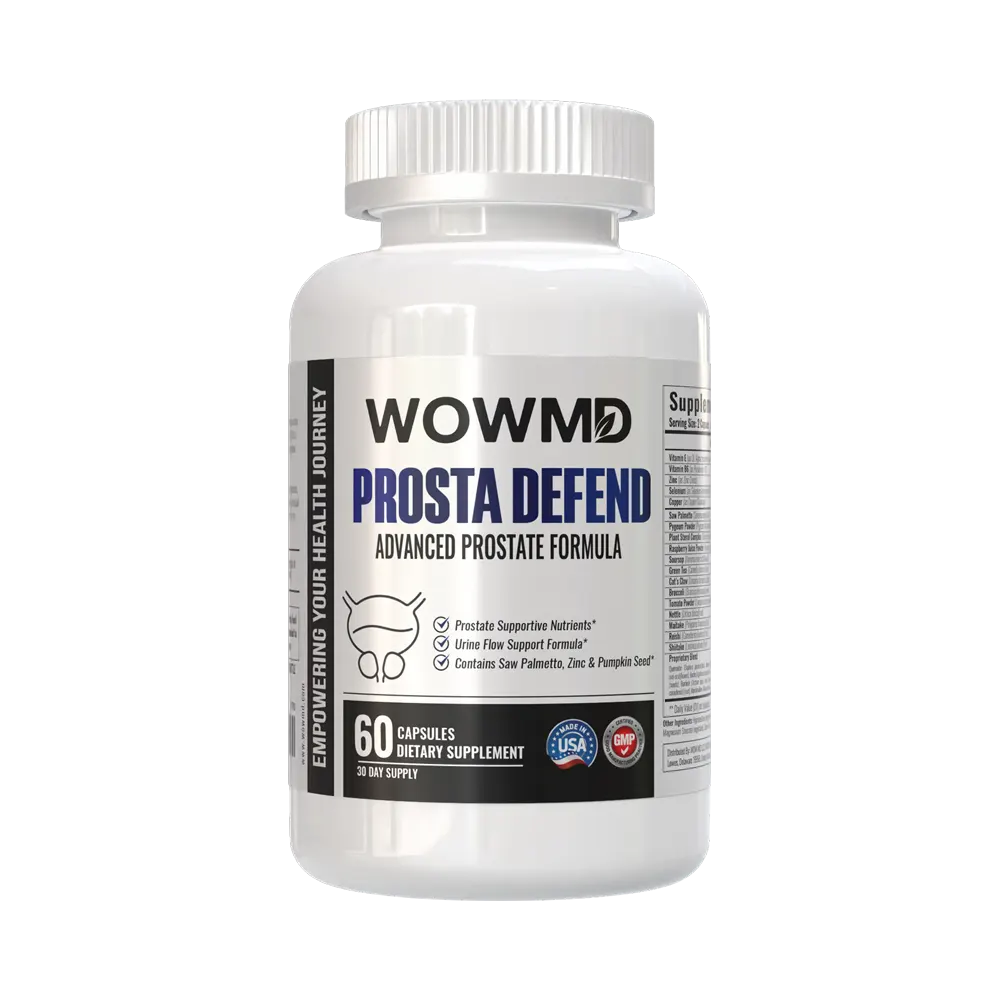
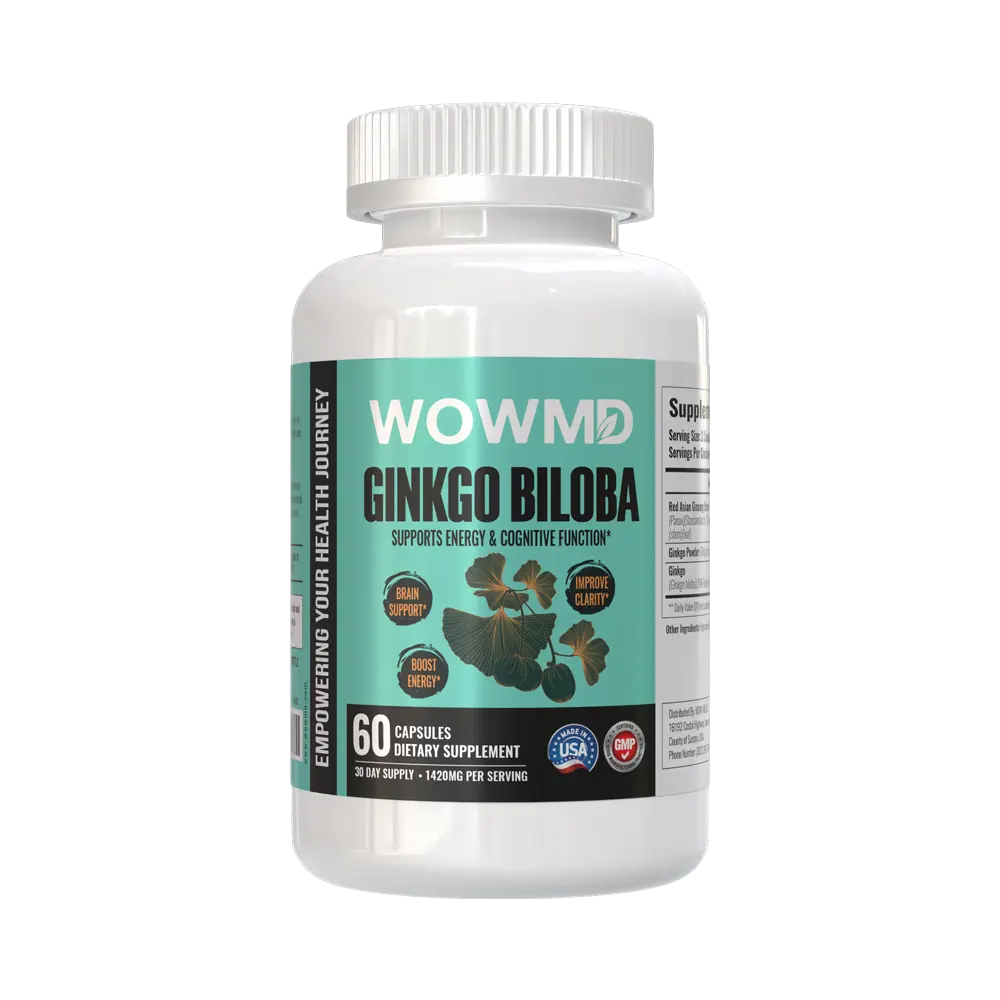
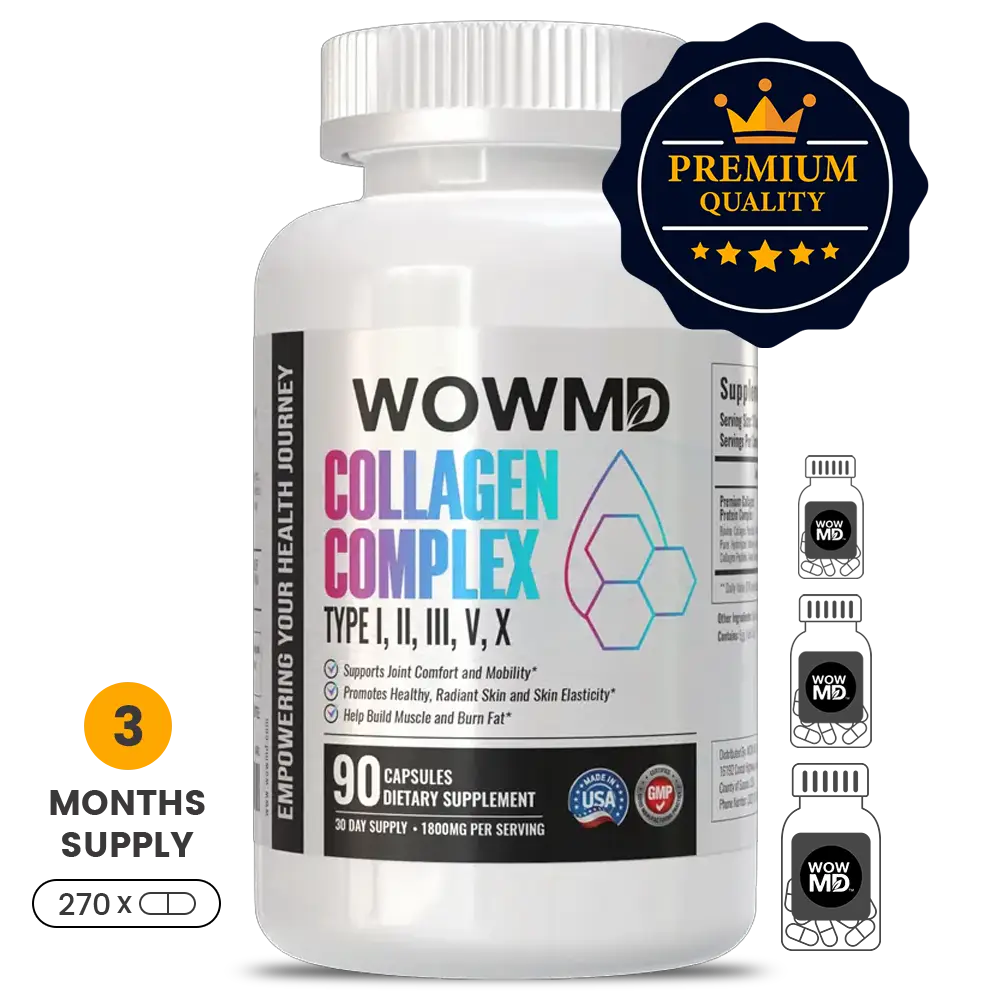

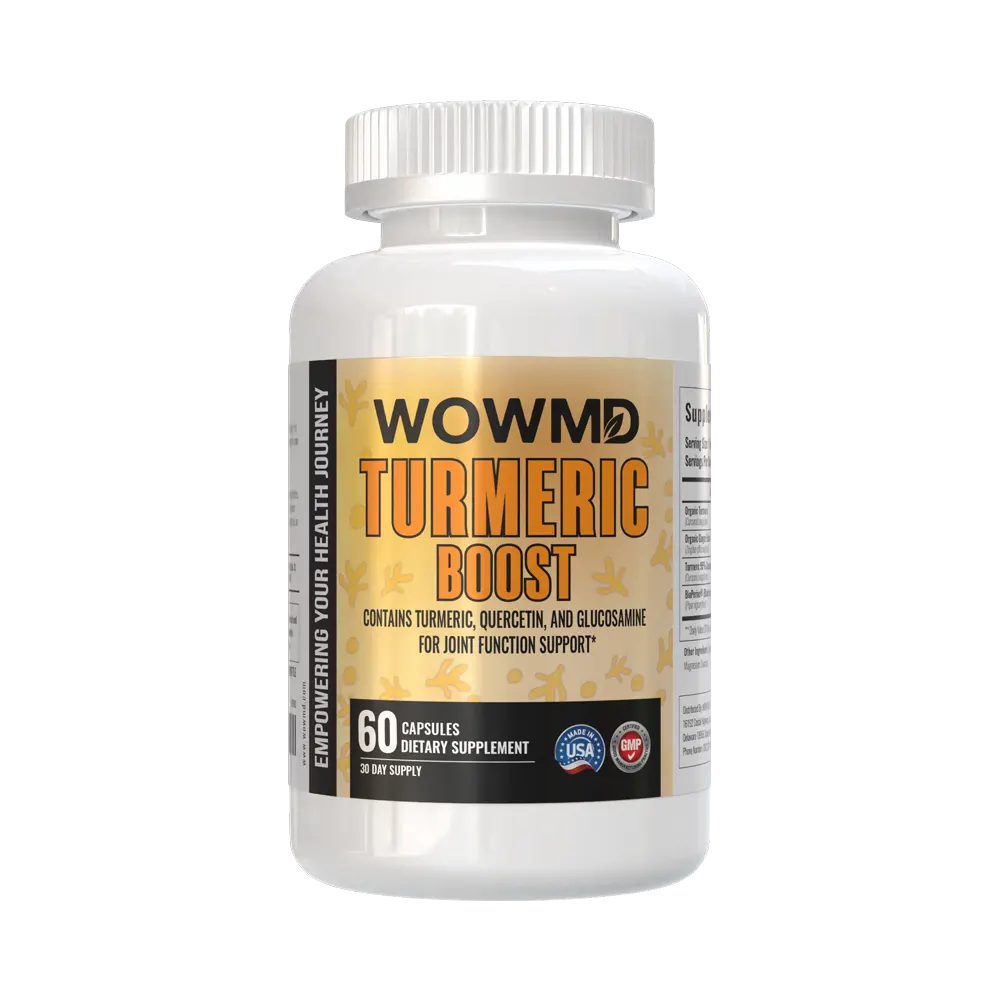






 By WOWMD Staff
By WOWMD Staff